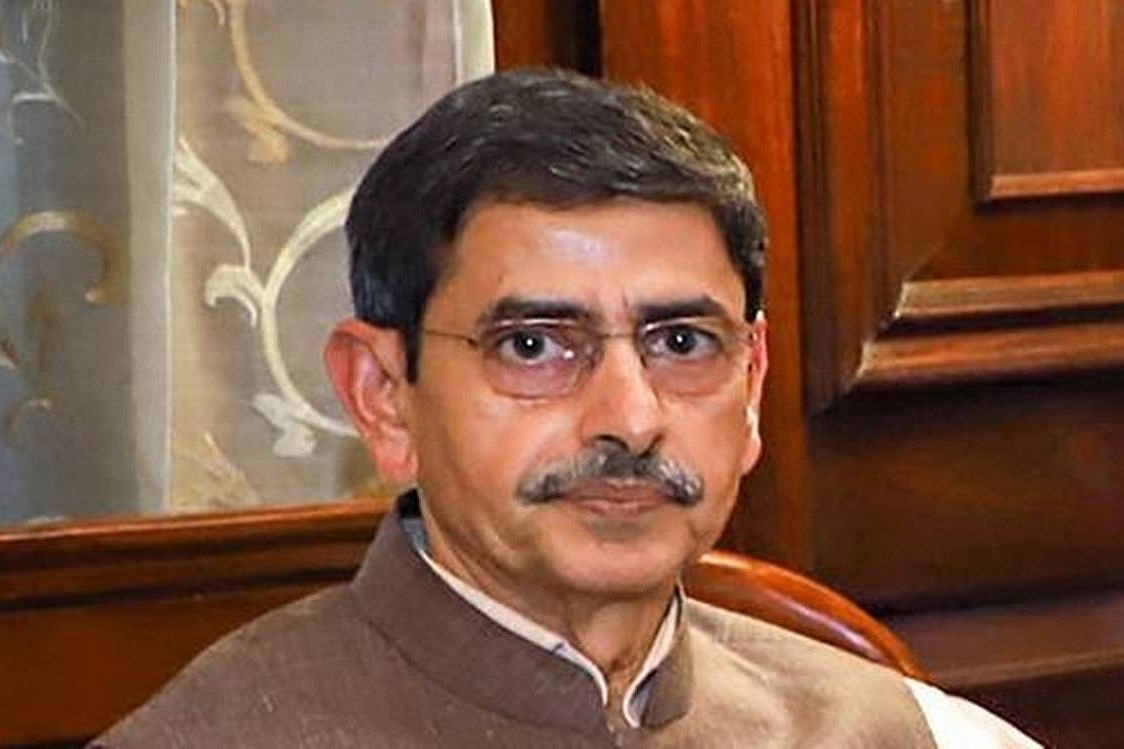Politics
We Can’t Buy A Naga Accord At High Cost: Just As Article 370 Was ‘Temporary’, So Too Is Article 371A
- Nagaland, like all Indian states, is right to demand more devolution of power. The case for a separate constitution and flag is non-existent.

Nagaland Governor R N Ravi.
Even as the government is yet to fully integrate Jammu and Kashmir into the Indian Union after the abolition of Article 370, it is likely to face a piquant situation in the North East, where the NSCN-IM rebel group is upping the ante.
The NSCN-IM, or the National Socialist Council of Nagaland (Isak-Muivah group) is the one with which the government signed a “framework agreement” in 2015 in a bid to end the militancy and devolve more powers to the state.
But the Nagas are now demanding that the Governor of Nagaland, R N Ravi, who enjoys special powers under Article 371A of the Constitution, should be removed as interlocutor in the talks for a settlement.
It is not clear what angered the NSCN-IM, but from the sketchy statement given by it, it appears that Ravi called Naga rebel groups as “armed gangs” and “underground groups”.
He may have refused to cave in to some of the more outrageous demands made by them for a settlement. An NSCN-IM statement talked of “simmering tensions” and Ravi’s alleged “vitriolic attack” on the Nagas, resulting in a “trust deficit”. In short, settlement is now further off than it seemed in 2015.
One does not know the full truth here, but clearly the government can hardly do a deal with the Nagas after negating Article 370 for Jammu and Kashmir. The main argument cited in demolishing Article 370 was that it contained “temporary, transitional and special provisions” (Part XXI of the Constitution).
If Article 371A, which deals with Nagaland, is also a temporary and transitional provision, surely it has to go and Nagaland given the same rights and responsibilities as the other Indian states. This is what we have tried to do in Jammu and Kashmir; it is what we need to do in Nagaland.
The real issue, and this involves all states and not just Nagaland, is that they must be devolved more powers. This is quite different from doing special deals with some states merely because they happen to be religious-minority or tribal-dominated – Muslims in the case of Jammu and Kashmir, and Christians and tribals in the case of Nagaland and some other states of the North East.
It is one thing to prevent alienation of tribal lands by restricting the rest of India from buying up real estate in Kashmir Valley or Nagaland, quite another to restrict the entry of all Indians through the implementation of the British-era Inner Line Permit system. That has to go. Any Indian ought to have the right to travel or do business anywhere in India, whether Kashmir, Mizoram or Nagaland.
The NSCN-IM, and many other Naga rebel groups, want a separate constitution and flag, precisely what we are working against in J&K. The Naga students’ body has, anyway, been hoisting the Nagaland flag on 14 August for some years now, and will do so this year too.
Whatever be the Nagaland Governor’s alleged shortcomings, if he is standing up for closer integration of Nagaland with India, and not allowing for a deepening the fault-lines in the name of a peace deal, he must be backed.
Nagaland, like all Indian states, is right to demand more devolution of power. The case for a separate constitution and flag is non-existent.
Introducing ElectionsHQ + 50 Ground Reports Project
The 2024 elections might seem easy to guess, but there are some important questions that shouldn't be missed.
Do freebies still sway voters? Do people prioritise infrastructure when voting? How will Punjab vote?
The answers to these questions provide great insights into where we, as a country, are headed in the years to come.
Swarajya is starting a project with an aim to do 50 solid ground stories and a smart commentary service on WhatsApp, a one-of-a-kind. We'd love your support during this election season.
Click below to contribute.
Latest